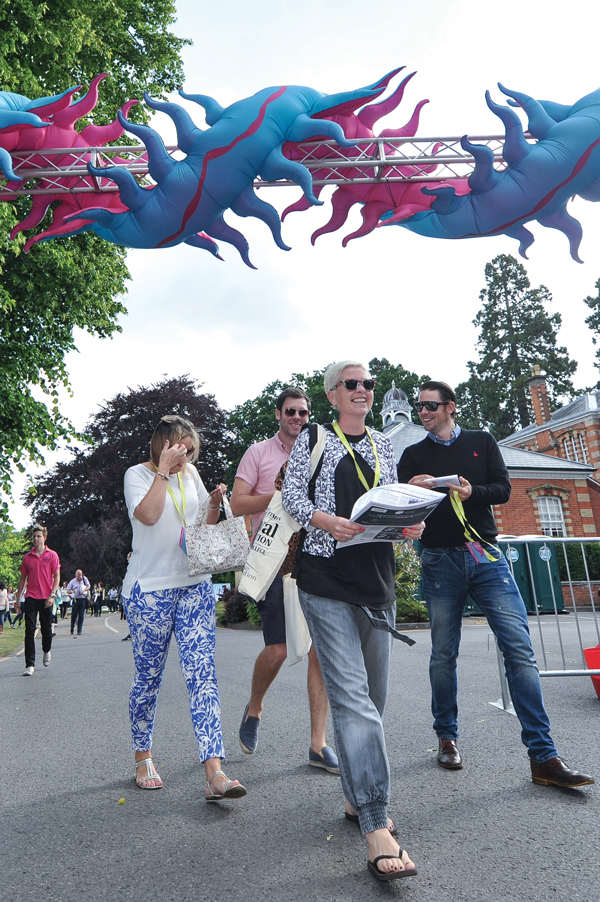The battle over whether or not teachers ought to use “learning styles” in the classroom took a new turn this week when education professor Dylan Wiliam said teachers ought to consider them in their practice even though they are now debunked.
Speaking at the Festival of Education at Wellington College last week, Prof WIliam said the idea that pupils ought to be taught only in their preferred learning style – that is, by reading, listening or moving – was now “discredited”.
But he added that teachers still needed to “examine whether they are only teaching in the way they [the teacher] like to learn”.
He was speaking against the views of David Didau, a former teacher and education author, who claimed in his recent book, What if everything you know about education is wrong, that learning styles were a “myth” that “infects” teacher training.
Mr Didau claimed that people clung to the notion of styles “because we want to believe that our differences matter more than our similarities”.
But Reuben Moore, director of leadership at teacher training organisation TeachFirst, said that trainees were taught about the theory as part of a myth-busting session designed to “create research-informed practitioners”.

“We use it to explain that learning theories can take hold quickly and be taken to an illogical conclusion. This is so they can get confidence to challenge ideas.
“We look at it in a myth-busting session and discuss the lack of a research base.”
The debate reopens a battle over the appropriateness of schools insisting that teachers account for learning styles when planning their lessons.
In 2007 the government reviewed the evidence and found that while a number of schools insisted teachers match activities to children’s learning preferences, there was poor evidence to suggest that it worked.
Figures released by the Wellcome Trust in 2013 still found that 74 per cent of teachers had used learning styles and a quarter said it had positively impacted on pupils.
But writing in The Guardian earlier this year, Pete Etchells, a lecturer in biology at Bath Spa University, said that the theory was “thoroughly debunked” within neuroscience and “had no place in education”.
And Dr Will Thalheimer, founder of the Work-Learning Research Lab, has offered a cash prize for the past eight years to anyone would could prove otherwise. So far there have been no winners.
Prof Wiliam reaffimed at the debate that learning preferences had been shown to be reasonably stable over time, and urged teachers not to teach using only their own.
Main pic: From left: Laura McInerney, professor Dylan Wiliam and David Didau







Having given this some thought in the past I have moved towards learning needs rather than learning styles. One of the weaknesses of education is its predilection for labels. Well they are rather seductive and they keep things nice and tidy don’t they! You can find out more about how I view learning styles by reading an article I wrote about the subject here: http://wp.me/p2LphS-iZ
In the article I introduce my concept of Learning Intelligence, or LQ. There are many articles about LQ on my blog but please contact me if you want to find out how LQ can make a significant difference to the culture of your school and the achievements of your students.